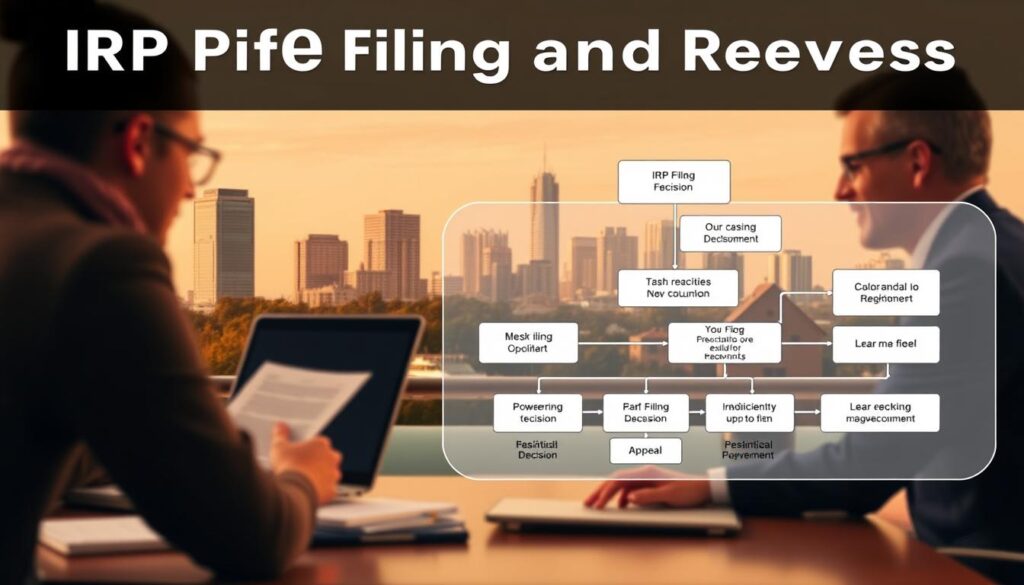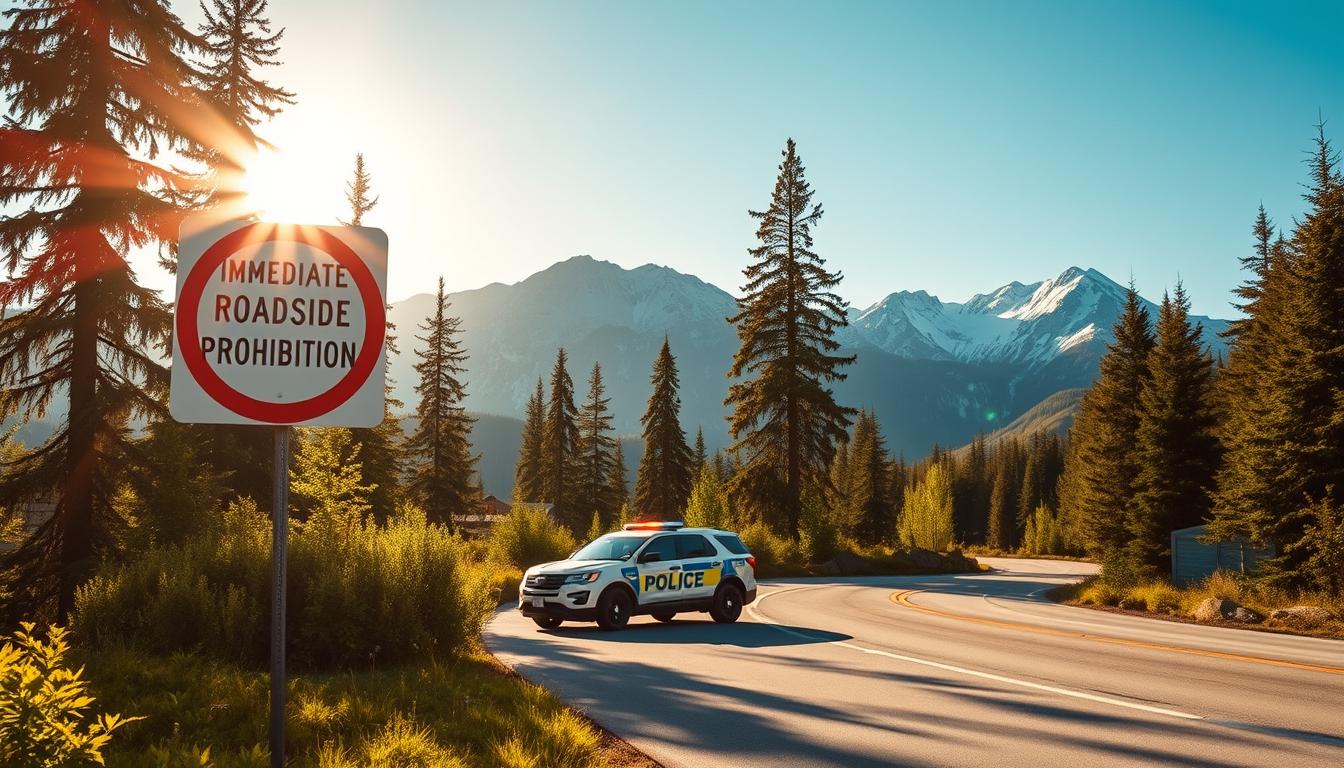For many British Columbians, driving is an essential part of daily life. Whether it is commuting to work, transporting family members, or attending important appointments, the ability to drive provides independence and security. However, if you are stopped by police and issued an Immediate Roadside Prohibition (IRP), that independence can suddenly be taken away. IRPs can be stressful, costly, and disruptive, with consequences that extend far beyond the roadside stop itself.
The purpose of this article is to provide a clear, practical overview of how IRPs work in British Columbia, what penalties they carry, and what steps you can take if you receive one. By understanding the process, the potential outcomes, and your rights, you are better equipped to make informed decisions and respond effectively to this challenging situation.
Understanding Immediate Roadside Prohibitions (IRPs)
In British Columbia, police have authority under the Motor Vehicle Act to issue Immediate Roadside Prohibitions (IRPs). An IRP is a type of administrative penalty that takes effect immediately, often resulting in a suspended driver’s licence and vehicle impoundment. Unlike criminal charges, IRPs are handled through an administrative process, but their impact can be significant, affecting work, family responsibilities, and financial stability.
An IRP can lead to:
- A driving suspension from 3 to 90 days.
- Immediate vehicle impoundment.
- Fines and reinstatement fees.
- Mandatory educational or remedial programs, such as the Responsible Driver Program or ignition interlock requirements.
The consequences begin right away, and drivers only have seven days from the date of the prohibition to request a review. Understanding this process and acting quickly is critical to protecting your rights.
The Prohibition Process in Detail
When a driver is stopped in British Columbia, law enforcement officers have the authority to conduct roadside testing using approved screening devices. These devices are calibrated to detect blood alcohol content (BAC) levels and provide immediate results. The process begins when an officer has reasonable grounds to believe that a driver may have consumed alcohol or drugs. In many cases, this can stem from the driver’s behaviour, physical signs of impairment, or a traffic infraction that led to the stop.
Once a screening demand is made, the driver is required by law to provide a sample of breath. Refusal to do so is treated very seriously and carries the same consequences as registering a “fail.” The results of the test determine what kind of prohibition may be issued:
- Warn range (0.05% – 0.08% BAC): Drivers falling within this range are considered to be impaired enough to pose a risk, even though the reading is below the criminal threshold. Police can issue immediate driving prohibitions of 3 to 7 days depending on prior history.
- Fail (0.08% BAC or higher): This is above the legal limit for criminal impaired driving. A 90-day prohibition and vehicle impoundment may follow, and in some cases, criminal charges can also be pursued.
- Refusal: Declining to provide a breath sample, tampering with the process, or failing to provide a sufficient sample without a lawful excuse results in the same penalties as a fail.
The officer will issue a Notice of Driving Prohibition on the spot, seize the driver’s licence, and arrange for the vehicle to be towed and impounded where required. The prohibition takes effect immediately, meaning that the driver cannot legally operate a vehicle once the notice has been served.
The roadside prohibition process is designed to be swift, and while it avoids lengthy criminal procedures, it can feel overwhelming. Because the penalties escalate with repeat occurrences, understanding how the process works is essential for anyone facing an IRP.

Why Legal Advice Can Help
Challenging an IRP is not simple. The timelines are short, and the process is evidence-driven. Legal support can assist with:
- Explaining the legal framework – Clarifying the difference between IRPs and criminal charges.
- Preparing documents – Ensuring that review applications and supporting materials are properly completed and submitted on time.
- Gathering evidence – Identifying and presenting records, affidavits, or technical information relevant to the case.
- Representation at reviews – Presenting arguments clearly, whether in writing or during an oral review.
While drivers may file a review on their own, professional guidance helps ensure that the process is properly managed.
Filing a Review of Your IRP
If you receive an IRP, the review process must be started quickly:
- File your review application within 7 days. The form must include your prohibition number, service date, and payment of the review fee.
- Collect supporting evidence. Examples include witness statements, photographs, or records that may contradict the police account.
- Select review type.
- Written review ($100): conducted on the documents you submit.
- Oral review ($200): a 30-minute hearing where you or your representative present arguments.
If deadlines are missed or evidence is incomplete, the prohibition is likely to remain in effect.
Financial and Personal Consequences
An IRP often costs much more than the listed fine. Expenses can include:
- Towing and storage fees.
- Vehicle impoundment charges.
- Licence reinstatement fees.
- Costs of mandatory programs.
In addition, an IRP appears on your driving record, which may increase insurance premiums. These combined effects make it important for drivers to consider their options promptly.

Frequently Asked Questions (FAQ)
What is an Immediate Roadside Prohibition (IRP)?
An IRP is an administrative driving suspension issued by police in BC for alcohol-related driving offences, separate from criminal charges.
How long do IRPs last?
They range from 3 days to 90 days, depending on the circumstances and prior history.
Can I challenge an IRP?
Yes. You must apply for a review within 7 days of receiving the prohibition.
What evidence is useful in a review?
Supporting documents such as affidavits, photographs, receipts, or medical records can be important in challenging the prohibition.
What are the costs of an IRP?
In addition to fines, you may face towing, storage, licence reinstatement, and program fees, which can total thousands of dollars.
Do I need a lawyer?
It is not mandatory, but legal assistance can help ensure your application and evidence are properly prepared.
Will an IRP affect my insurance?
Yes. An IRP appears on your driving record and may increase your insurance rates.
Can I drive during the prohibition?
No. Driving while under prohibition is illegal and can result in further penalties.
What happens if I miss the 7-day deadline to file a review?
You lose the right to challenge the prohibition, and it remains in effect.
How long does the review process take?
Reviews typically take several weeks, depending on complexity and scheduling.

Conclusion
An Immediate Roadside Prohibition in BC can have lasting financial, personal, and legal consequences. While not a criminal charge, the penalties are serious, and deadlines are strict. Taking prompt action is essential. If you have received an IRP, consider seeking legal guidance to understand your options and protect your rights.
To discuss your situation, call our office at 833-877-9797. We can help you understand the process, prepare the necessary steps, and explore your options for review.



No comment